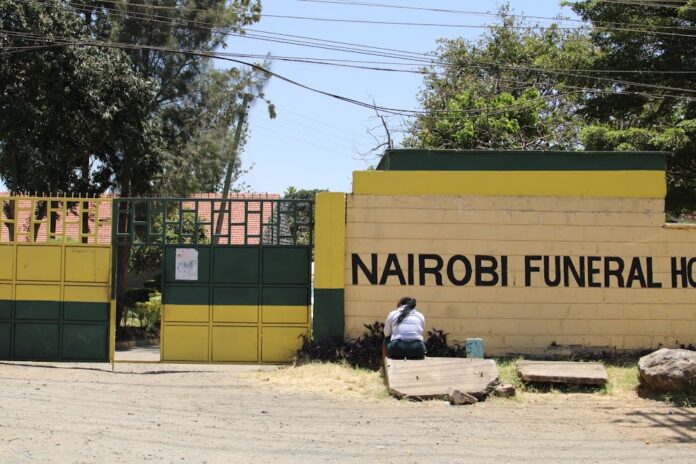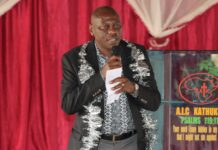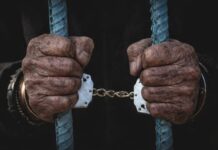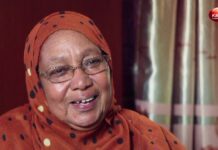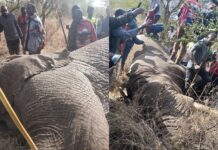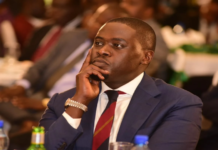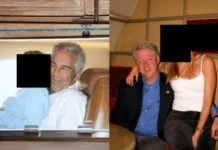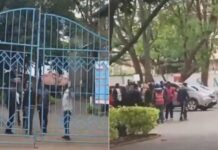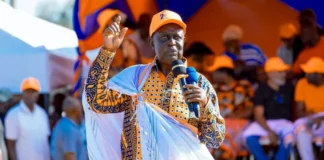The Nairobi Funeral Home, formerly known as City Mortuary, reported a staggering influx of 247 bodies in just one month amidst escalating youth-led protests against proposed tax hikes by President William Ruto’s administration.
This figure raises serious concerns regarding the toll of the month-long demonstrations, with official casualty counts still under scrutiny.
According to Tom Nyakaba, Nairobi’s Public Health Chief Officer, the mortuary typically handles around 160 bodies monthly.
The latest recorded data, spanning from June 25 to July 26, shows that 115 of these bodies were registered as ‘unknown,’ with 60 still unclaimed, suggesting a grim reality about the ongoing unrest.
Relatives of the deceased remain unaware of their loved ones’ presence at the facility, while the other 55 bodies initially labeled as unknown have since been identified.
In a striking contrast, 102 bodies were admitted with the knowledge of next of kin. Additionally, the report detailed the admission of body parts connected to a significant incident in Kware, with 17 still pending DNA identification.
Amongst the deceased were also 13 foetuses or perinatal corpses that remained unidentified.
The protests, ignited by discontent over tax increases, reportedly led to at least 60 deaths, as noted in a report by the Kenya National Commission on Human Rights (KNCHR).
Further compounding the tragedy, 66 individuals remain missing, while at least 1,376 arrests were made throughout the demonstrations, which spanned 23 counties, 17 of which reported fatalities. Nairobi suffered the highest loss, with 21 confirmed deaths, while other counties also reported casualties: Nakuru (3), Laikipia (2), Kajiado (3), and Kisumu (3), among others.
Dr. Sylvester Maingi, a government pathologist, emphasized that all deaths clearly related to the protests were swiftly identified, autopsies conducted, and bodies returned to families for burial without any associated costs.
“Based on the distribution of police stations, the remaining unidentified bodies likely were not related to the protests,” Dr. Maingi stated, countering allegations raised by human rights organizations that some bodies had suffered gunshot wounds.
Highlighting the frustration experienced by the Independent Policing Oversight Authority (IPOA) in investigating potential human rights abuses, Commissioner Joseph Waiganjo disclosed the ongoing obstruction from police and public hospitals concerning the vital documents required for their inquiries.
The IPOA is pressing for accountability and transparency amid claims of a special government unit possibly responsible for misconduct during the unrest.
He also pointed to the potential establishment of a covert unit engaging in acts of violence, calling for urgent reforms and accountability measures.









